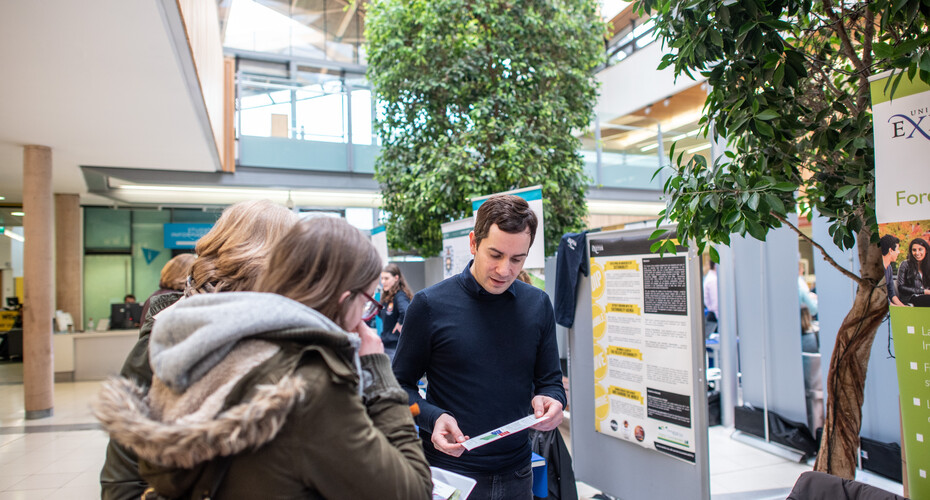Modern Languages and Cultures
Modern Languages and Cultures at the University of Exeter offers a vibrant and current academic program which fosters the acquisition of languages, encourages exploration of diverse cultures and develops an in-depth understanding of intercultural competence and communication. Our department comprises experts in seven languages and related fields, ensuring a high standard of teaching and research. Students benefit from the experience of both native and international colleagues.
Our curriculum allows students to explore film, literature, cultural history, politics, gender and queer studies, museums, arts, linguistics, visual culture, translation studies and philosophy, and we encourage students to experience first-hand the societies they study. This approach equips graduates with the cultural sensitivity and linguistic competence essential for success at home and abroad.
Undergraduate
Postgraduate Taught (MA)
Postgraduate Research
- MPhil/PhD: Chinese Studies; French Studies; German Studies; Hispanic Studies; Italian Studies; Lusophone Studies; Russian Studies; Interdisciplinary Studies; and Translation Studies
- MA by Research: Modern Languages
- MA by Research/MPhil/PhD: World and Comparative Literature




